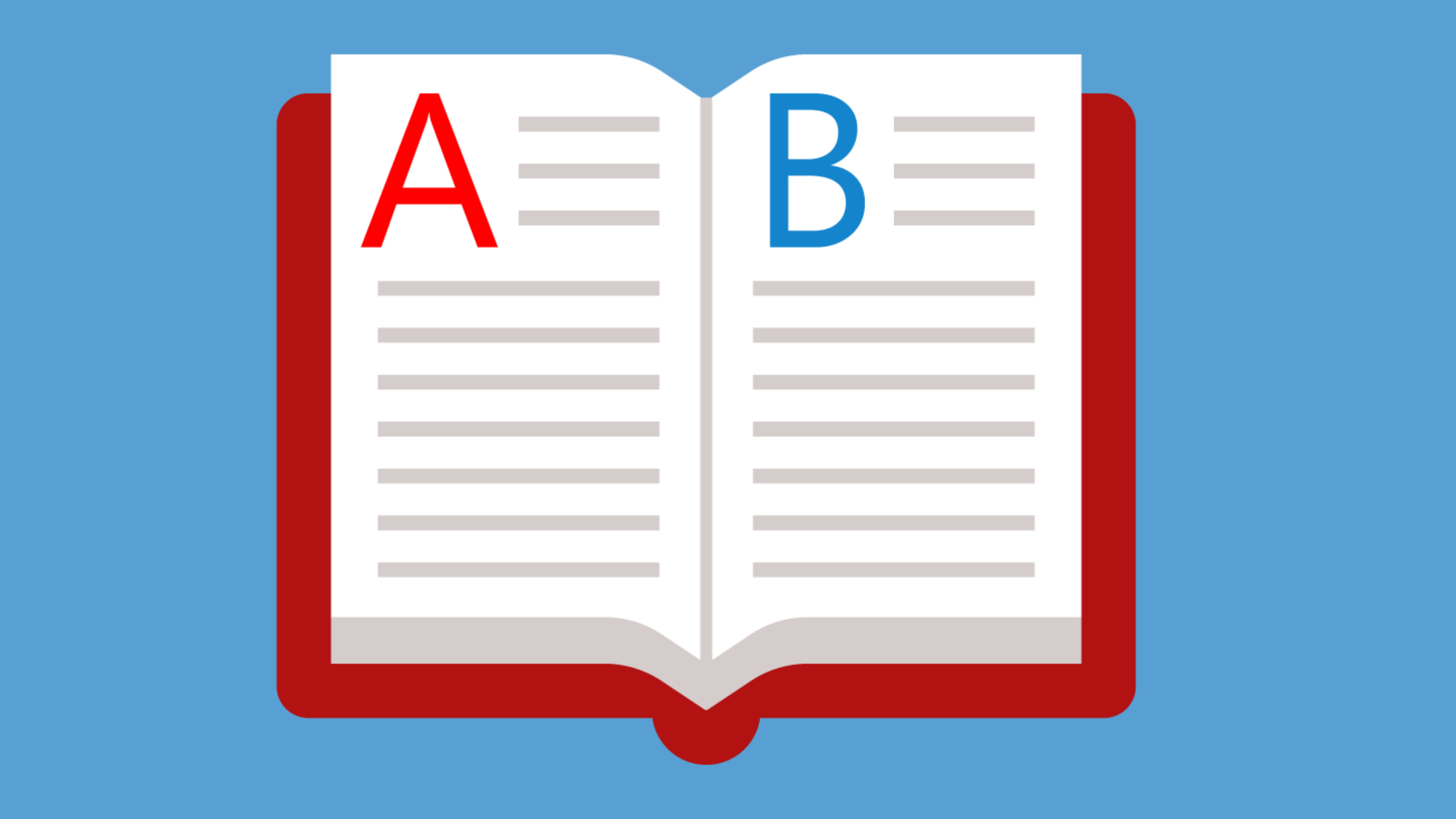The Canadian English Dictionary (CED) project took a major step forward this month with the finalization of a partnership agreement for licensing a base dictionary. And with that, we are firmly on the path towards having a national dictionary again.
The need for a new dictionary
In the 20 years since The Canadian Oxford Dictionary, Second Edition (COD-2) was published, Canada has evolved — and the major dictionary publishers have no plans to renew their outdated Canadian resources.
It is high time to codify the writing choices that reflect the Canadian English of today. Do we live stream, livestream, or live-stream? After a vaccination, are we vaxed or vaxxed? Is it Musqueam or xʷməθkʷəy̓əm? Which words have fallen out of use enough that they no longer need to be recorded in a general dictionary?
Canadian English is so much more than toques and two-fours … but without an up-to-date dictionary, many nuances of our language remain unrecorded in a centralized location.
Creating the Canadian English Dictionary
Using a well-edited, familiar dictionary as a base gives us a running start into a multi-year project, saving our editors time and energy as we look to see what has changed or is missing, rather than inventorying our language from scratch.
Nelson Education and Editors Canada have formally agreed that we may use the Nelson Gage Canadian Paperback Dictionary as a foundation for our planned publication. We will be adapting the base dictionary to expand its coverage (to a scope similar to COD-2), to add neologisms from the past two decades, to include entries from the second edition of A Dictionary of Canadianisms on Historical Principles and to reflect contemporary approaches to diversity, equity and inclusivity.
Within the next few months, our team will release test versions of portions of the dictionary online, beginning with the letter Q. We considered various starting points — the obvious alphabetic A, the more lexicographically traditional M, the even shorter X — but we like Q because it has a good mix of Canadianisms (many relating to the long reign of Queen Elizabeth II), words of Indigenous origin and just plain quirky words that appeal to the Scrabble players among us.
About Nelson Education
For over a century, Nelson has worked in partnership with Canadian educators to develop quality resources that are tied to curricula and that meet provincial learning expectations. As Canada’s largest educational content provider, Nelson dedicates its business efforts to the creation of quality, innovative solutions that empower learning success by supporting the needs of every student and educator. Visit www.nelson.com to learn more.
About the project
The CED project team currently consists of volunteers and students from Editors Canada, the UBC Canadian English Lab, Queen’s University’s Strathy Language Unit and elsewhere. We are planning on incorporating as a not-for-profit — separate from Editors Canada but maintaining a close relationship — to provide better transparency in finance and governance.
In the next few months, we will be formalizing our governance structure, launching a test version of part of our dictionary online and seeking additional funding sources.
While we have a limited amount of seed funding to cover startup expenses, the project will begin fundraising as soon as we have dictionary entries online to show donors what their contributions are helping to support. From there, it’ll take a few years to work our way through the alphabet the first time, after which, we’ll work on a print edition to find its place on reference bookshelves across the country.
For further details, please visit www.canadianenglishdictionary.ca or email info@canadianenglishdictionary.ca.
___
The Editors’ Weekly is the official blog of Editors Canada. Contact us.
Discover more from The Editors' Weekly
Subscribe to get the latest posts sent to your email.
